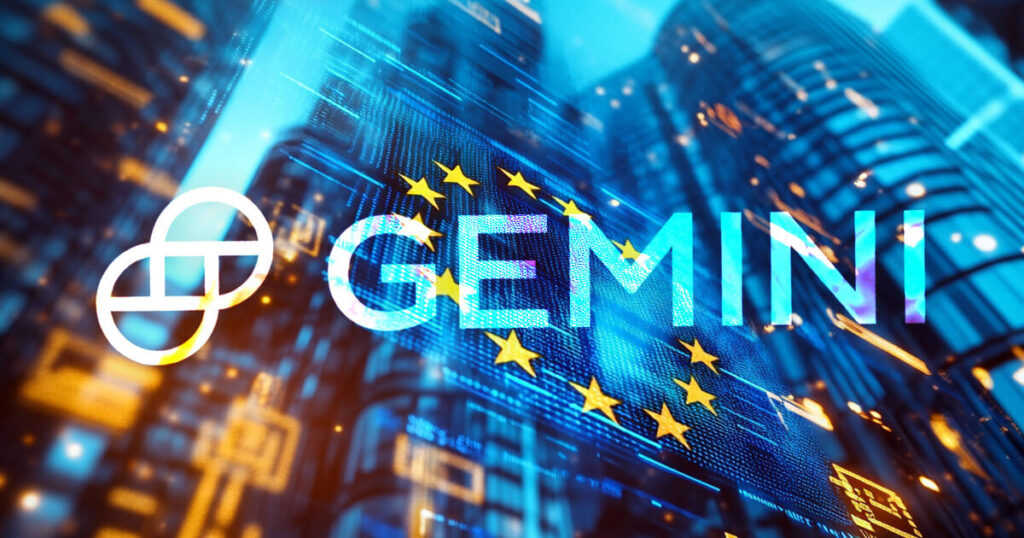
In principle, Gemini has protected the financial regulator of Malta for a license for investment firms, which marks an important step in his European expansion, in accordance with a statement of 11 February shared with CryptoSlate.
This approval of this Malta Financial Services Authority (MFSA) brings the stock market closer to offering regulated crypto services in the European Economic Area (EEA).
European expansion
This milestone in the regulations correspond to the wider Gemini strategy to set a stronger European foot.
The exchange is planning to use Malta as a primary basis for its markets in the Crypto-Assets application (MICA). A full mica license would enable Gemini to offer conforming and secure crypto services throughout the region.
In addition, obtaining the full license for investment firms would enable Gemini to offer regulated futures and options under the markets in the Financial Instrument Directive (MiFID II). This would expand its offer to include perpetual futures -trading in Europe, with a growing institutional and retail demand.
Mark Jennings, head of Europe in Gemini, described this approval as a crucial step in the company’s long -term vision. He emphasized the increasing demand for crypto derivatives, especially among institutional investors, as the market grew up.
Gemini also emphasized that this regulatory progress will improve its service offer. The perpetual futures will supplement its existing products, including the spot exchange, ActiveTrader ™, OTC -Bureau and EOTC trading systems.
European expansion
The expansion of Gemini reflects a greater trend from crypto companies that strengthen their European presence.
In recent months, large stock markets, including Coinbase, Kraken, Crypto.com and OKX, have announced plans to enter or expand for the complete implementation of Mica.
Mica, adopted by the European Union in 2023, is the first regulatory framework for digital assets in a large economic block.
The framework is designed to standardize instructions in the EU by improving consumer protection and reducing legal fragmentation. It would also make it easier for crypto companies to operate in several areas of law under a single regulatory order.

